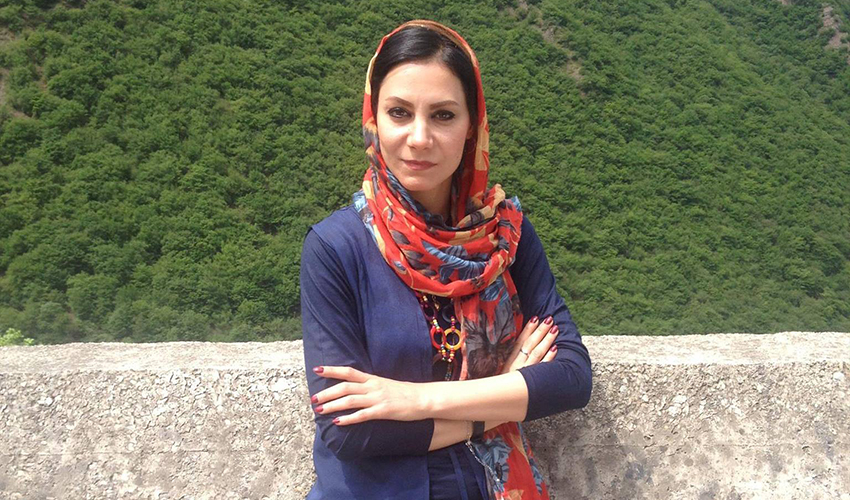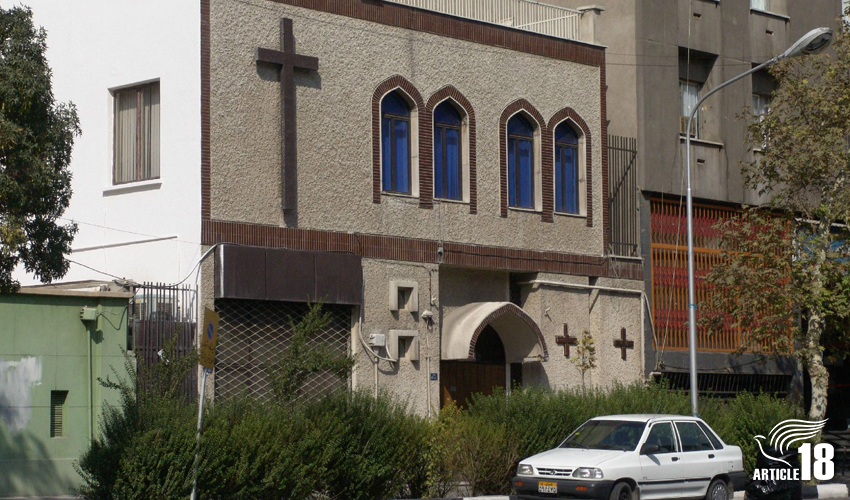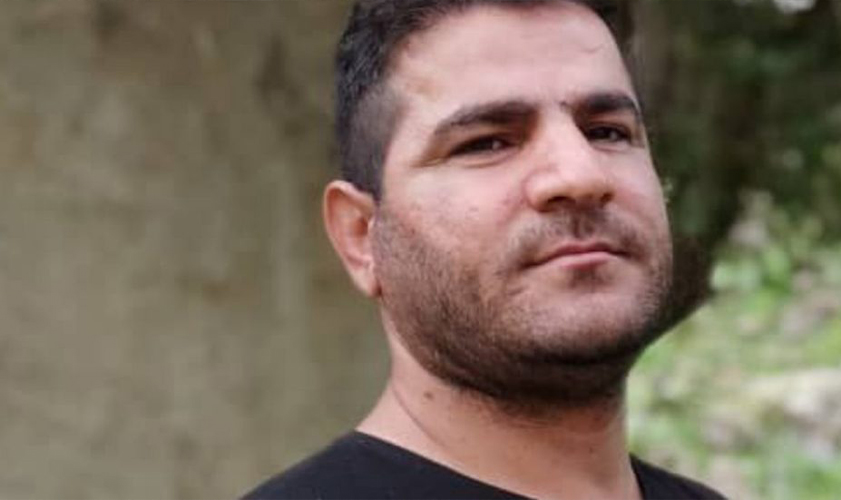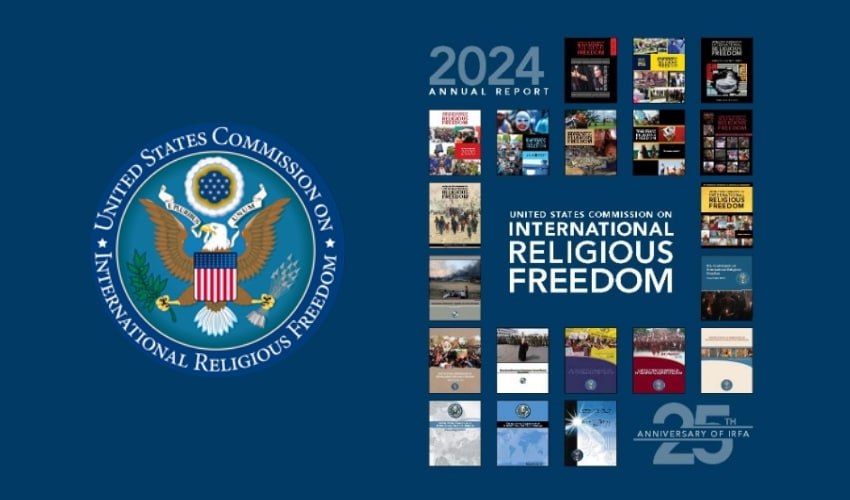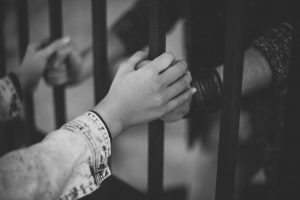
by Steve Dew-Jones | 10 May 2024 | News
A Christian convert and former asylum-seeker serving a two-year sentence in Evin Prison for “connecting with ‘Zionist’ Christian organisations” is struggling with her mental health and in need of professional help, her mother says. According to the Persian-language...

by Steve Dew-Jones | 8 May 2024 | News
This article was first published in 1993 by News Network International and is republished here with kind permission. Several Iranian Protestant churches flatly refused to comply with government ultimatums issued in June [1993], requiring churches to limit evangelistic...

by Steve Dew-Jones | 7 May 2024 | Explainers
“Christians have 380 churches,” Iranian-Armenian MP Ara Shaverdian told the UN Human Rights Committee in October 2023. What the MP did not explain, however, is that not everybody is permitted to attend these churches, nor are they permitted to preach in the national...

by Steve Dew-Jones | 3 May 2024 | News
A Christian convert arrested on Christmas Eve has been released on bail equivalent to more than $10,000 after over four months in detention. Esmaeil Narimanpour, 37, who was previously forced to undergo religious “re-education” with a Muslim cleric, was released on...

by Steve Dew-Jones | 2 May 2024 | News
The US Commission on International Religious Freedom has once again recommended that Iran be re-designated a “Country of Particular Concern” for “engaging in systematic, ongoing, and egregious violations of religious freedom”. In its latest annual report, published...
